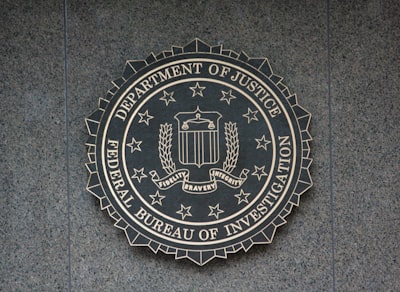Overview
The Federal Bureau of Investigation (F.B.I.) is the principal federal investigative agency and domestic intelligence service of the United States. Operated under the jurisdiction of the U.S. Department of Justice, the F.B.I. holds dual roles in law enforcement and national security. The agency operates both at the federal level and in cooperation with state and local agencies.
Mission and Functions
The mission of the F.B.I. is to protect and defend the United States against terrorist and foreign intelligence threats, uphold and enforce federal criminal laws, and provide leadership and criminal justice services to federal, state, and local partners. Its primary areas of activity include:
- Counterterrorism
- Counterintelligence
- Cybercrime
- Civil rights enforcement
- Combating public corruption
- Violent crime investigation
- Organized crime
- White-collar crime
The F.B.I. also manages the National Crime Information Center (NCIC) and conducts background checks for certain federal positions.
Historical Background
The F.B.I. was established in 1908 as the Bureau of Investigation, later renamed the Federal Bureau of Investigation in 1935. Its creation responded to the need for a centralized, professional investigative force at the federal level. Over time, the F.B.I. evolved to address new and complex criminal threats, such as organized crime in the mid-20th century and terrorism in the 21st century.
Organizational Structure
The F.B.I. is headed by a Director, who is appointed by the President and confirmed by the Senate for a ten-year term. The agency is structured into several divisions and field offices located throughout the United States and abroad. Specialized units address particular crime categories, such as the Criminal, Cyber, Counterintelligence, and Counterterrorism Divisions.
Notable Operations and Controversies
Throughout its history, the F.B.I. has been involved in some of the most significant investigations in U.S. history, including efforts against organized crime, espionage cases, and major terrorist incidents. At times, the bureau has faced criticism over civil liberties concerns, the use of surveillance, and its handling of high-profile cases.
Oversight and Accountability
The F.B.I. is subject to oversight from the Department of Justice, Congress, and, in certain cases, judicial bodies. Various inspector generals and internal affairs units also monitor agency conduct to ensure compliance with federal laws and regulations.
Role in Public Discourse
As a key federal agency, the F.B.I. often features in major national events and is a focal point in discussions on governmental transparency, privacy, national security, and law enforcement practices.

Comments
No comments yet. Be the first to comment!